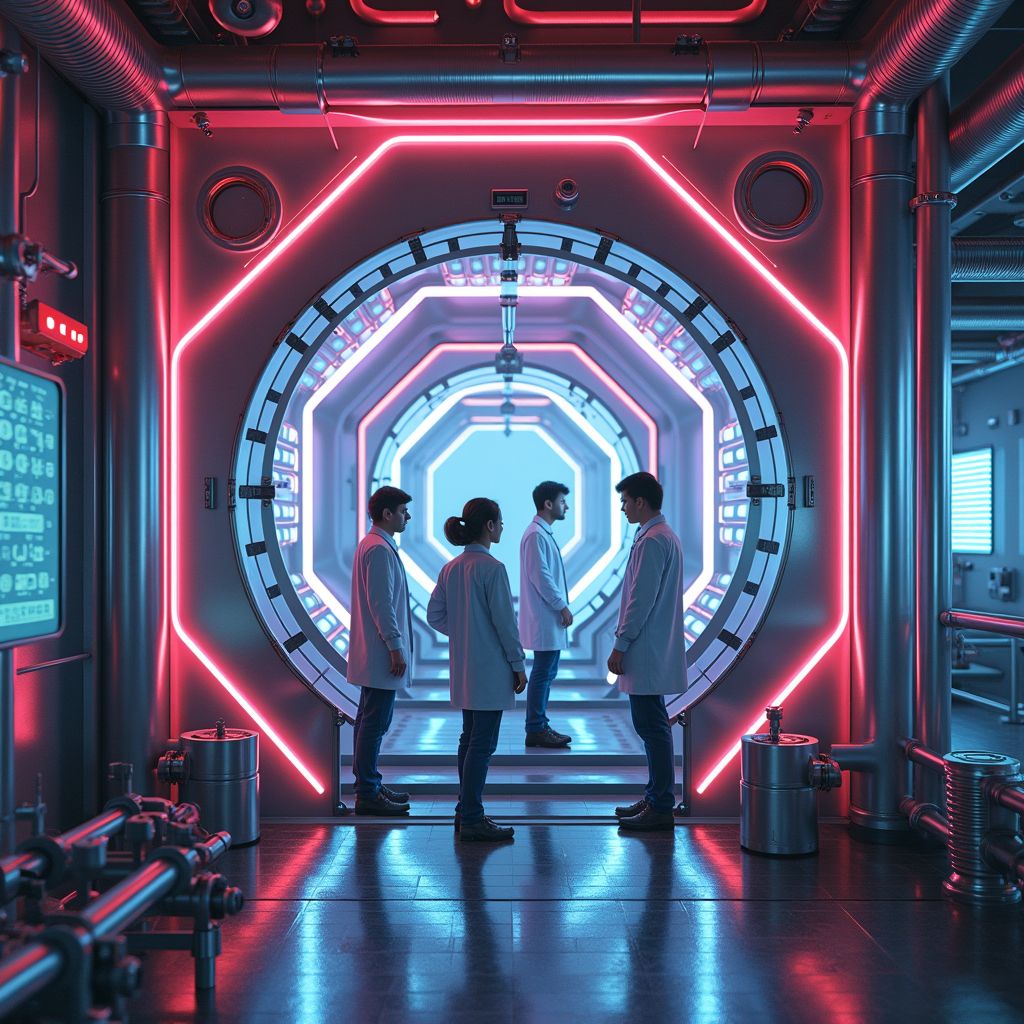AI Revolutionises Hydrogen Storage Design at Tohoku University

Sendai, Monday, 17 November 2025.
Tohoku University has harnessed AI to revolutionise hydrogen storage design, leveraging data from over 5,000 experiments. This breakthrough could boost hydrogen’s role in clean energy and transport.
AI-Powered Revolution in Hydrogen Storage
Greetings, curious minds! Picture this: the bustling researchers at Tohoku University, armed with the Digital Hydrogen Platform, are transforming how we think about hydrogen storage. By diving into a treasure trove of more than 5,000 experimental records, they’re not just playing with numbers—they’re letting AI do the heavy lifting to predict how different materials will store hydrogen efficiently. Now, who said numbers couldn’t be fun? This leap in technology is crucial for making hydrogen a go-to clean energy source, especially for transport and energy sectors [1][2].
The Secrets Behind the Science
So, what’s the secret sauce, you ask? The researchers have crafted a three-step magic trick: building a robust database, developing a regression model, and then applying these insights to materials design. Key factors such as atomic mass and electronegativity play starring roles in determining how well these materials perform. Imagine it like choosing the right ingredients for a soufflé—only here, it’s about which elements can hold more hydrogen without spilling the beans [1][2].
Balancing Act of Beryllium
Now, here’s a twist: Beryllium-based alloys emerge as the unsung heroes, balancing between high hydrogen storage and stable thermodynamics. It’s like finding the perfect balance between work and play. These alloys manage to store a lot of hydrogen while maintaining the right pressure, unlike their heavier metallic cousins who are just not as capable. This kind of innovation is the key to unlocking hydrogen’s potential as a mainstream energy source [1][2].
Future Prospects: A Path to Clean Energy
Professor Hao Li from Tohoku University sums it up nicely: the goal is to extend this framework to more complex alloys, pushing the boundaries of what’s possible. Just imagine a world where hydrogen storage systems are not just efficient but also safe and widely available. This approach could revolutionise energy systems, paving the way for a sustainable, carbon-neutral future. It seems like the future is not just near; it’s being built right now, block by block, or should I say, atom by atom [1][2].